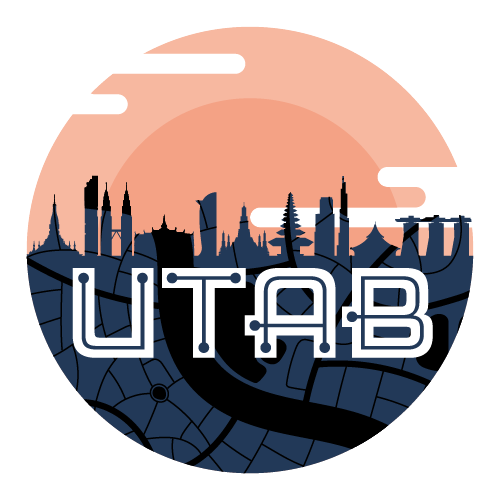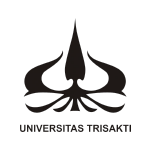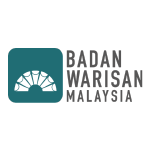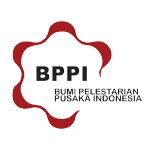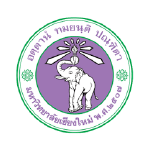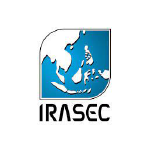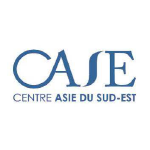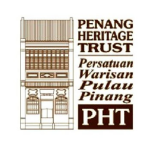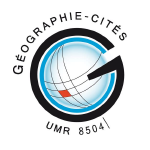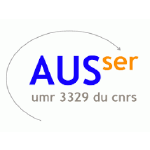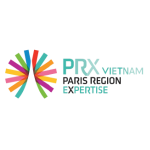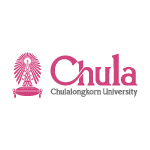The international research network (IRN) « Creating & Mapping the Heritages of the Ordinary City » (CREMA) examines how, in contemporary Southeast Asia, local associations and experts, together with local communities, grant heritage values to the « ordinary city », defined as the dense residential and commercial neighborhoods enlivened by mobile and sometimes ephemeral urban practices.
What do we investigate?
CREMA looks at the mechanisms of collaborative action that federate local communities for the defense of cultural heritage, including when they involve the contestation of programs or institutional policies. We examine the role that these mechanisms play in the development of the capacities of urban societies to accept difference and take into account the plurality of urban and heritage visions ; the strategies that defend occupation rights and increase the power of the inhabitants to build and manage the city, in line with their spatial and sacred conceptions but also their pragmatic priorities.
Who are our partners?
CREMA involves four CNRS research units (IRASEC, PRODIG, UMR AUSser, and Géographie-Cités), three foreign universities (Chiang Mai University, Chulalongkorn University and Trisakti University), one consulting firm (PRX-Vietnam), and three heritage associations (Badan Warisan, Penang Heritage Trust, and Bagan Pelesterian Pusaka Indonesia).
The partners commit to a process of knowledge coproduction that calls into question the traditional separation between academic, vernacular, and expert knowledge. Coproduced knowledge takes root in three academic fields: namely, heritage studies, urban studies, and critical geography.
What kind of outputs do we produce?
In the framework of the « action heritage » research platform, CREMA produces visual representations and participative mapping on seven case studies: two national capitals (Bangkok in Thailand and Hanoi in Vietnam); two secondary cities (Chiang Mai in Thailand and Yogyakarta in Indoensia) and three small cities (Lasem in Indonesia ; Kampar and Teluk Intan in Malaysia). Based on fieldwork, CREMA develops three research themes: the first questions how and when the conservation of ordinary heritage becomes a concern in Southeast Asia ; the second deals with the role of non-institutional actors in decision-making processes; the third analyses the interpretation and management of urban heritages of Chinese origins. Amongst the deliverables, a multilingual manifesto and a series of « toolkits » will voice our shared knowledge and offer examples of relevant procedures for heritage action and management in Southeast Asian cities. The production of maps and visual representations will open up an epistemological and methodological reflection on the documentation of the ordinary city that will develop awareness about the importance of safeguarding not only forms, but also the fragile systems of relations and the sometimes dissenting encroachment of public space that perform the everyday ingenuity of ordinary citizens.
What is the socio-economic impact of our work?
The conservation of the ordinary city can play a leverage role for the reduction of social and spatial inequalities, because it can increase the decisional power of the communities all while preserving their emotional, land, and economic security.
